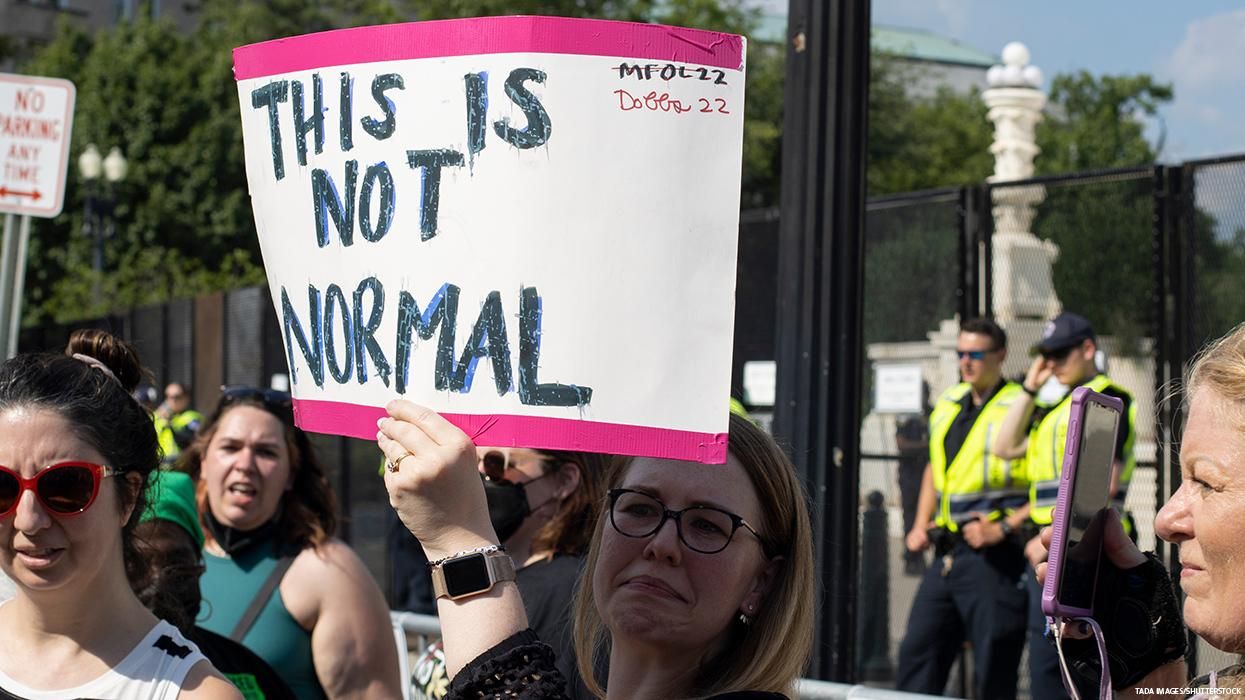The U.S. Supreme Court began its new term Monday, which is shaping to be historical.
Notably, associate justice Ketanji Brown Jackson will have heard her first arguments as the court's first Black woman. But this term comes as the court has its lowest approval rating ever, with Gallup reporting a historically low approval rate of 40 percent in the wake of last term's Dobbs decision which overturnedRoe vs. Wade and took with it decades of precedent with the stripping of reproductive rights from Americans.
This term will bring major controversies over affirmative action, voting, religion, free speech, and gay rights. The court will decide whether LGBTQ+ people are protected from discrimination in business or whether a business owner can refuse to serve a group of people based on religious beliefs. If this sounds familiar, it is.
And the court's conservative supermajority of six judges is positioned to tower over the court.
In 303 Creative L.L.C. v. Elenis, a battleground of the culture wars returns: Do businesses have the right to refuse customer services based on their religious beliefs?
As the justices consider the line between someone's religious beliefs and state laws protecting LGBTQ+ people from discrimination, they will examine whether a Colorado designer can refuse to design a website for same-sex couples' weddings.
The Colorado anti-discrimination law at issue, in this case, is the same one that was brought Masterpiece Cakeshop before the court in 2018 when the justices ruled in favor of baker Jack Phillips, who refused to bake the wedding cake of a gay couple. However, they did not resolve the larger question of when businesses may use religious objections to refuse service. Instead, the justices only decided that the Colorado Civil Rights Commission displayed bias against his religious views in ruling against Phillips.
The new case is that of Lorie Smith, who owns a website design firm that claims to serve queer customers but intends to limit its wedding-related services to celebrations of straight couples' unions. According to her, providing those services to LGBTQ+ couples violates her right to free speech.
A disagreement arose among the justices in the majority over whether the logic of Dobbs should lead to reconsideration of other landmark decisions, including the one establishing a constitutional right to marriage equality. As a reliably anti-LGBTQ+ justice on the high court, Clarence Thomas stood out by pursuing, among other things, marriage equality in his concurring opinion in Dobbs.
In the past, Thomas has made clear that he would like to see Obergefell overturned, and Alito has said so too.
The new case does not directly address that question, but it might provide hints about the court's commitment to LGBTQ+ rights and how quickly it aims to move to the hard right with rulings potentially meant to strip Americans of further rights.

















































